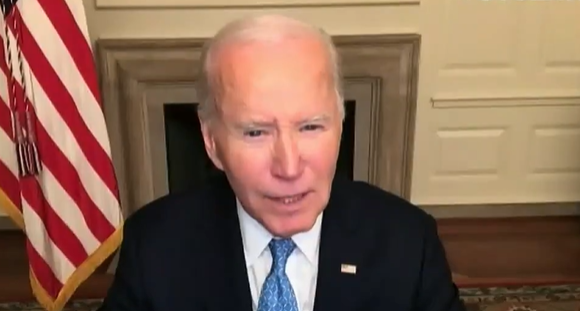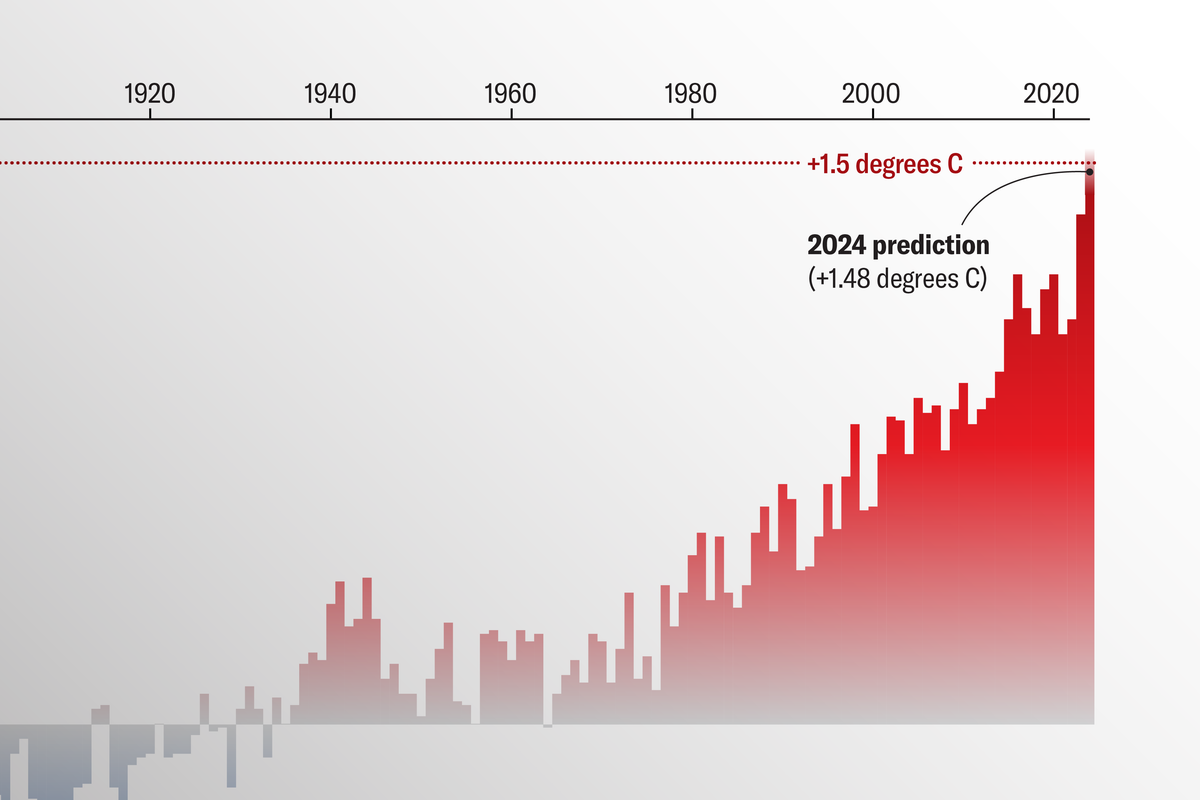
The Census Bureau reported on Monday that 8.5 million Americans are behind on their rent in August.
3.5 million Americans will likely be evicted in the next two months.
Nearly half of all renters — more than 30 million people — had been hit with rent hikes in the past 12 months, with 19% paying a monthly increase of $100 to $250, 7% paying $250 to $500 more & 4% needing to find another $500 a month to stay in apartments.https://t.co/XU3wc1VaKp
— Fair Housing Center of Central Indiana (@FairHousingIN) August 29, 2022
Moneywise reported:
Those rising rents mean that households representing a total of 8.5 million people were behind on their rent at the end of August, according to Census Bureau figures. And 3.8 million of those renters say they’re somewhat or very likely to be evicted in the next two months.
The combination of soaring inflation, the end of most eviction moratoriums and rental assistance payments and an extremely low vacancy rate has pushed rents up — and many renters out.
Rents up nearly 25% since before the pandemic
Since 2006, rents have risen faster than home prices, but at the same time, the shortage of available rental units has been steadily increasing since the Great Recession.
In the year before the pandemic, the country recorded a shortage of seven million affordable housing units for low-income renters, according to the Center for American Progress, creating a crisis that left just 37 affordable rental homes for every 100 low-income households looking to rent.
And the homes that are available are often still out of reach. Rent rates are up nearly 25% since before the pandemic, with an increase of 15% in just the past 12 months, according to the real estate tracking service Zillow.
Evictions are up, too, according to the Eviction Lab at Princeton University. In August, evictions were 52% above average in Tampa, 90% above average in Houston and 94% above average in Minneapolis-St. Paul.
While the federal government has distributed the bulk of pandemic-related rental assistance grants, some states and cities have been slow to make the money available to landlords on behalf of tenants who can’t pay their rent.





















































